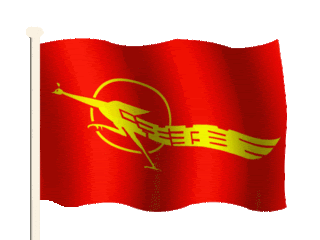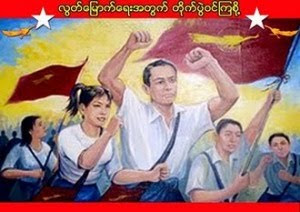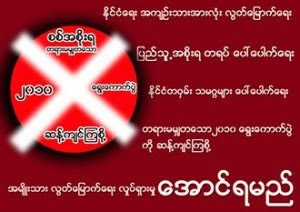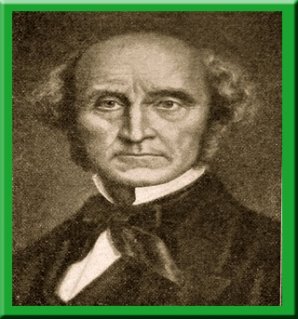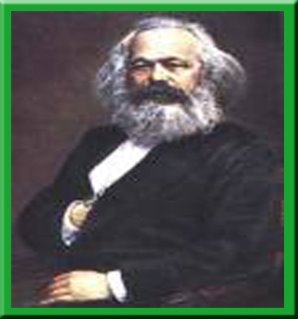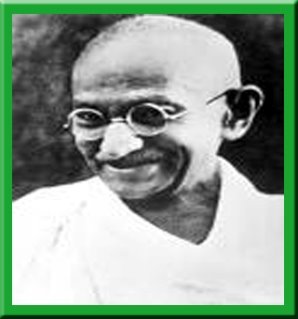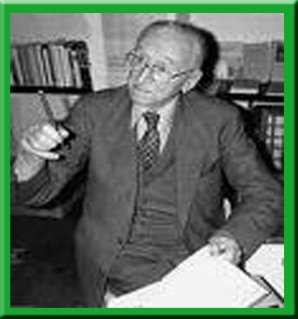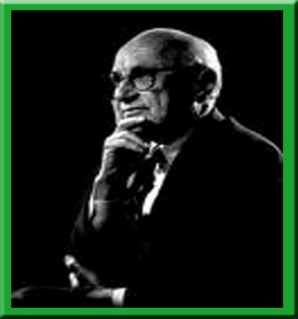People’s Revolution: Suggestions for current situations in
I simply believe that Burmese Democratic Movement is a revolution. Not just a campaign. People wage revolution as a means of regaining their identity either from foreign domination or from repressive regimes. As it is a revolution, we need to use all battlefronts of People’s revolution; namely cultural-spiritual, political, social economic, military and international battlefronts. If we emphasize only one battlefront, time delays can occur.
Conditions for a revolution
My main concern in this article is the advanced form of people’s war during the latter half of 20th century and 21st century, i.e. the revolutionary model.
According to this model, there are certain conditions that must be existed or created to get a certain degree of success. These include
- Revolutionary potential
- Revolutionary situation
- Leadership and organization
- People support and
- Development of the philosophy of co-coordinated actions in all battlefronts.
Revolutionary Potential
This exists when considerable changes have taken place in the economic base of society; when there is a decline in the effectiveness of the administration; when extraordinary events occur which show the weaknesses in the ability of the institutions of a State and so on.
The current situations in
If these conditions exist, a revolution situation comes into play.
Revolutionary situation
It develops when there are
- Fear of deprivation and rising expectations such as development of social organizations, sufficient number of people who believe that their natural growth was confined by the government system and growing numbers of people who convince that something needed to do to change the system.
- Failure of the government system such as ineffectiveness, corruption and lack of government contacts with low levels of the society.
- Breakdown of control and administrative agencies such as polarization between agencies (police, special branches, military forces), collaboration by members of these agencies with emerging revolutionary forces
- Breakdown of essential services such as failure of communications and means of supply of essential commodities (food, fuel, electricity, medical aid)
There are some other facts but I only mentioned the ones that developed the current revolutionary situation in
Furthermore, there is a failure in the system and the government has lack of contacts with the low levels of the society. We need to take advantage to this failure to organize a social guerilla force.
There is also a possible breakdown in the control and administrative agencies. To improve the breakdown, we have to open the way out of their main agencies. Recently, the high official of Shan Army announced a welcome message to the soldiers who want to collaborate with the revolutionary people side. This is an important political initiative in this situation. As they are members of the state agencies, they may take weapons and ammunitions. If they collaborate with the people in urban areas, we need to hide these weapons for further possible usages. So we have to prepare the secret places in advance.
For essential services, some preparatory talks should start between the revolutionary forces and the business people who are willing to help. We have to understand the nature of these people. In general, they want to stay behind the curtain and help as a low profile.
Leadership and Organization
While developing the above revolutionary situations, any regimes may be functional to remove the leaders. If they can succeed by using genocide or massive removal, revolution can be delayed for a decade, a generation or sometimes even a century. So it is important that there must be a continuous hands-on training and skills development as well as finding the potential leaders.
Revolutionary problems demand the qualities of the leader depending on the nature of the war. Where there is a positional-linear war, it requires technical and technological skills. For mobile war, it requires mental and moral characteristics. For people’s war, it requires all these plus intellectual, psychological and social skills. Some are built-in skills. But some skills can be trained. Altering the equation of political power is an essential task now. On our revolutionary side, we have social, cultural and psychological factors now. On the regime side, they have economic, political and military factors. How will we equate?
We have to equate by winning hearts and minds, by influencing the behavior of the people and alienating them from the government. The people in Civil Services should be mainly organized to do this. The regime may have some control mechanisms to prevent them to join the revolutionary forces. We have to encourage them to tackle these mechanisms without fear by all means. As they may have more potential losses than ordinary people, they do not join at the early stages of the revolution. We have to use some tactics to win their hearts and minds first. One important thing is not to frustrate if they do not co-operate at the first stage. Some revolutionary forces sometimes make a mistake to challenge them when they do not alien from the government in the callings of Civil Services Strike or whatever. Repetitions can be worth in some events. We have to call and call again.
Let’s move on to the organizational requirements.
A grass-root infrastructure must be organized in all segments of society. It is the major requirement. If there is a lack of this infrastructure, the government can control the situation easily within a short period. It should have the components of
· revolutionary organizers (cadres) who build the organization in different areas
· cell system of arms-group fighters
· vertical system of committees for political control
· horizontal system of committees and organizations covering all walks of life and
· circuit organizations for intelligence and escape routes
The next requirement is the high-level intelligence organization in all organs of society. As Sun Tzu, Donald and Cookridge mentioned, intelligence (social intelligence, economic intelligence, political intelligence, military intelligence, etc.) is the common denominator. It is important that there must be a direct interlocked at all organization levels to make immediate responses. Centralization is not good because there is a time lag between event and response. If there are a lot of political organizations, trying to reduce the centralized system and letting the local organizations to form alliances by themselves to do local activities will be the best option. Decentralization is very important for mobile forces.
The other requirement is a high-grade propaganda system for the acceleration of events. This is the life of the political programme so that media should give the accurate information and clear objectives of the revolution. The public sometimes make decisions to collaborate with the revolutionary forces or stay away in accordance with the media. Media is vital in gaining initiative as well as slowing down the momentum of the revolution.
Moreover, there must be a politicized military force on the side of the revolution and at least some military actions at the peak moments of the revolution. The main aim is not for military victory. However, it is important for motives.
The next requirement is the development of international connections. For this, we have to categorize which country or organization will be helpful in what segments. We have to ask various forms of help from the right connection at the right time. Otherwise, time investment to build these connections can become zero rates of returns.
People Support
Mao once mentioned as ‘Weapons are an important factor in war, but not the essential one, it is the power and morale of man that finally counts’. Even in wars, the support of the people is a crucial one.
There are some requirements in this condition such as the necessity of social analysis, the emergence of living political program and the commitment and dedication of the leaders and organizers to the cultural, social and economic needs of the people.
For our revolution, we have achieved people support in some degrees. To get a full support and more collaboration, we have to initiate the political program that contains historic facts that identify the real enemy, explanations that cause the social and economic inequalities, spiritual hope of final victory, international appeal and mass communication means of grass-root levels through radio, press, leaflets, demonstrations, music and speakers. These must be carefully designed that gives our people to have the clear vision of the revolution.
I would like to emphasize in this point that international appeal is only useful for telling people that they are being watched and helped by the international community in most circumstances. So we should be careful not to give impossible hopes and expectations because if it does not happen, the momentum of the revolution can be slow down. International battlefront is only one part of the five main battlefronts of People’s Revolution we have to wage. We should not totally focus on one front as it can reduce the co-ordination efforts between all battlefronts.
Battlefronts of Revolution
In a cell development process, the central core of the growth is a nucleus and the cytoplasm region that contains segments is attracted around the core. In a revolutionary model, the nucleus is the political battlefront and the outside segments include cultural-spiritual, social- economic, military and international battlefront.
Among these battlefronts, cultural-spiritual one is the foundation of the revolution. It aims for the man’s soul or his subconscious mind. Apparently, social-economic one aims for man’s heart or his conscious mind. Through the political core, cultural-spiritual needs are shown in moral values and partially translated into social and economic terms to direct the political struggle. The other battlefront, military one provides the organizational form and its actions are in support of other fronts although it cannot gain a military victory. The final battlefront, international one is concerned with applying external pressures on the established government.
There must be a high level of coordinated actions in all battlefronts. I sincerely think that we have weaknesses in some battlefronts and a lot of unnecessary actions in some in terms of manpower and financial expenditures. If we cannot fulfill this gap, it can lead to some delays for a final victory.
In conclusion, I would like to make some suggestions to
(i) take the geo-political advantages such as spreading the demonstrations to other places and other cities
(ii) use the intelligence and public help to identify the places where there are a lot of military troops and change the directions of the marching routes
(iii) avoid the well-known central downtown like Sule and Shwedagon pagodas, Hle Tan, Pansodan
(iv) start demonstrations near to the markets
(v) form the circuit organizations for escape routes (military will use killing fields as a battle so that please try to avoid the route that can be trapped like a killing field)
(vi) explain the people how to response calmly during confrontations (If people do not know, it can be more injured)
(vii) avoid putting someone too obvious among the people (If the troops can identify the leader, there are more risks of snipers and target shoots. The speakers and the flags must be hold interchangeably)
(viii) use the strategy of surprise movements like 'hit and run' in guerilla warfares
(viii) avoid wearing any kind of uniforms
(ix) avoid using the video camcorders for media because it can be easily targeted. (Please use the small video cameras)
(x) try to organize a horizontal committee including all walks of life that leads to a coalition interim government inside
All these are my sincere suggestions for our democratic revolution. At last, People's revolution always wins.
"Walk on"
Khin Ma Ma Myo
(Democratic Federation of Burma)
(
References
Elliot-Bateman, E.; Ellis, J. and Bowden, T (1974) Revolt to revolution: Studies in the 19th and 20th century European Experience, Manchester University Press, Rowan and Littlefield
Baron A.H. de Jomini,(1971) The Art of War, Reprinted,
General Vo Nguyen Giap, People’s War, People’s Army,

